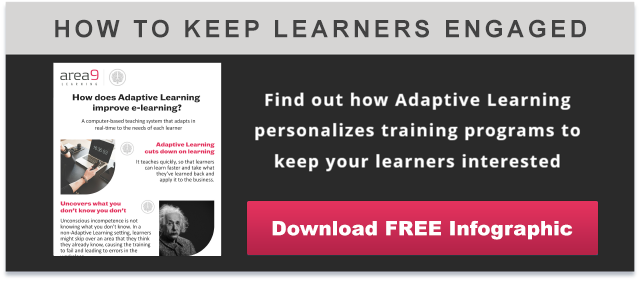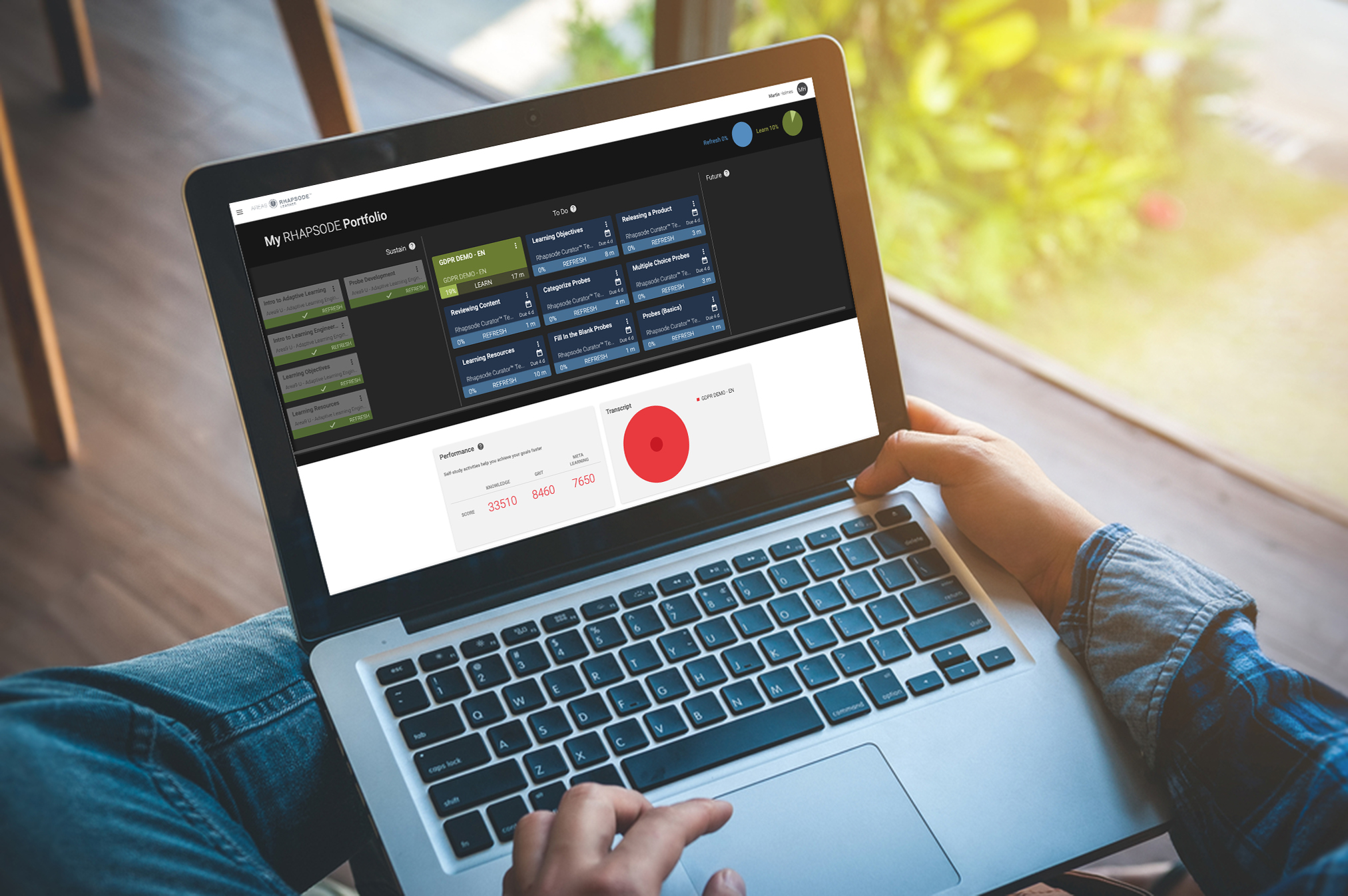A compliance officer needs to understand the laws and regulations regarding their industry, but so do the employees within their company. Without company-wide knowledge of compliance, a company is put at risk for all sorts of noncompliance issues, and faces litigation.
In banking, the potential for legal troubles stemming from poor compliance is always present.
That’s why training employees correctly in compliance is so important. A successful compliance officer needs a program that can train employees in these specific ways:
1. Internal Employee Competence
Traditional compliance training is like all traditional corporate training: an employee reads some materials, takes a test, and gets a pass or fail grade. But when fines and litigation are involved, and the personal finances of customers are at stake, would you really bet on employees trained by such a system to know all there is to know about compliance in their industry?
A compliance trainer should be able to see detailed analytics about learner progression, and get the macro picture of where the company’s knowledge sits. If there is a systemic problem with unconscious incompetence, or any lingering misunderstanding about banking compliance, it should show up during the training - before it leads to problems.
Adaptive Learning can help trainers and employers spot these knowledge gaps early - mitigating risk - because of the detailed, three-tiered reports Adaptive Learning creates, and allows users to view.
2. Uncover Hidden Knowledge Gaps
When dealing with large-scale compliance training, the worst thing that an employer can face is unconscious incompetence. This is when a learner doesn’t know that they don’t know. This is a particular problem for compliance, because that’s when most issues occur. And without Adaptive Learning, you won’t be able to trace the problem to its source.
A bank employee, especially one who has been doing the job for a while, isn’t likely to think they’re performing their tasks in an incorrect way, or doing something wrong: it’s a pretty distressing feeling to realize the knowledge you’ve held for a long time is in part or completely wrong. But Adaptive Learning corrects this gently, because the learner can self-assess and immediately remediate their learning gaps and skill weaknesses.
Training Compliance for Banks
As a compliance officer, you need to uncover these hidden knowledge gaps before they become a problem. These gaps are “hidden” because the employee who has them isn’t necessarily a poorly performing employee. They can perform their job duties without a hitch except for one small area, sometimes making it difficult to spot the knowledge gaps - until it is too late.
However, with Adaptive Learning, which judges learner confidence as well as mastery, it is much easier to spot knowledge gaps in even the most accomplished employee. The problem can be resolved before a slip-up happens.
Have further questions about Adaptive Learning and how it can help improve compliance training for banks?
References:
http://work.chron.com/compliance-trainer-job-descriptions-24375.html









